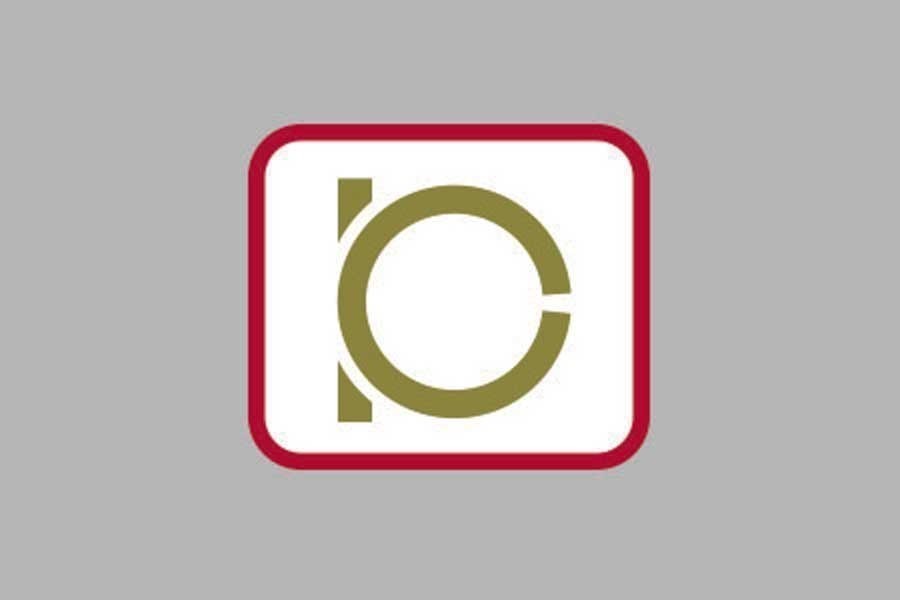The import of fuel oils is estimated to increase by 18.30 per cent to 7.69 million tonnes this calendar year as the government is planning to offset the short supply of gas to power plants by liquid energy.
State-run Bangladesh Petroleum Corporation (BPC) has made the import projection for 2023 considering the mounting domestic demand for the energy to feed the fast-growing economy, said an official.
The import growth of fuel oils fluctuates between 5 per cent and 10 per cent annually.
The country had to cease import of LNG from the spot market in mid-2022 amid high prices due to the adverse impact of the ongoing Russia-Ukraine war, prompting the government to go for higher imports of the fuel oils, BPC's director for operations and planning Khalid Ahmed told the FE Thursday.
He said that the industries were consuming an increased quantity of gasoil due to less than required supply of natural gas from the national grid.

Dwindling supply from the local gas fields along with suspension of LNG import from the costly spot market since July 2022 squeezed the scope of gas supply in the country, he added.
Although four new coal-fired power plants having a total generation capacity of around 4,365 MW are expected to come online this year, Mr Ahmed said, Bangladesh's HSFO and gasoil consumption in the power plants is unlikely to fall that much due to ever-increasing electricity consumption.
Three of the plants are: 1,234 MW Maitree Super Thermal Power Project, SS Power's 1,224 MW plant and Barisal Electric Power Co's 307 MW plant. Another 1,600 MW coal-fired plant in the Godda district of India's Jharkhand state is expected to start supplying electricity to Bangladesh from March next.
At least half of the total capacity is scheduled to come online by March next as the base load plants plan to commission their respective first units within the mid-year, while the subsequent units will start within the next six months, he added.
The corporation has, however, calculated its import projection considering unforeseen circumstances like more than expected generation of electricity from oil-fired power plants and increased demand for irrigation.
Besides, two existing long term LNG suppliers -- Qatar's Qatargas and Oman's Oman Trading International, OTI, currently known as OQ -- have committed to provide a total of 56 LNG cargoes in 2023 like that of 2022 supplies.
LNG re-gasification now dropped to around 450 million cubic feet per day (mmcfd), from the usual supply of over 800 mmcfd, as the country's LNG re-gasification now depend only on LNG imports from the long-term suppliers, according to Petrobangla statistics as on January 04, 2023.
Country's overall natural gas output also dropped subsequently to around 2,680 mmcfd, from the previous supply of around 3,200 mmcfd, according to official data.
The BPC has projected that it will import around 5.31 million tonnes of 0.005 per cent sulphur gasoil (diesel), 700,000 tonnes of Jet A-1 fuel, 600,800 tonnes of 95 RON gasoline (octane), 900,000 tonnes of 180 cst high sulphur fuel oil with 3.5 per cent sulphur (furnace oil) and 180,000 tonnes of 0.5 per cent sulphur marine fuel during January to December period of 2023.
To face any unwanted situation, the corporation assumed that it might have to import around 1.29 million tonnes of refined oil - 480,000 tonnes of 0.005 per cent sulphur gasoil, 100,000 tonnes of Jet A-1 fuel, 250,000 tonnes of 95 RON gasoline, 400,000 tonnes of high sulphur fuel oil with 3.5 per cent sulphur and 60,000 tonnes of 0.5 per cent sulphur marine fuel.
The BPC will source half of the required fuel oils through an international tendering system and the remaining half through government-to-government negotiations with state-run oil suppliers from across the world.
Currently, the BPC has nine listed suppliers of refined oils under G-to-G arrangements, which include Kuwait Petroleum Corporation, or KPC, Kuwait, PETCO Trading Labuan Company Limited, or PTLCL, Malaysia, Emirates National Oil Company (Singapore) Pte. Ltd., or ENOC, Dubai of UAE, Petrochina (Singapore) Pte. Ltd, China, PT Bumi Siak Pusako, or BSP, Indonesia, Unipec Singapore Pte Ltd., China, PTT International Trading Pte., Thailand, and Numaligar Refinery Limited, or NRL, India, and Indian Oil Corporation Ltd., or IOCL.
Bangladesh's state-run oil corporation usually floats tenders twice a year to import its refined oil products for January to June period and July to December period to fix premium rates.
It also holds negotiations with the selected suppliers twice a year to fix the petroleum prices.


